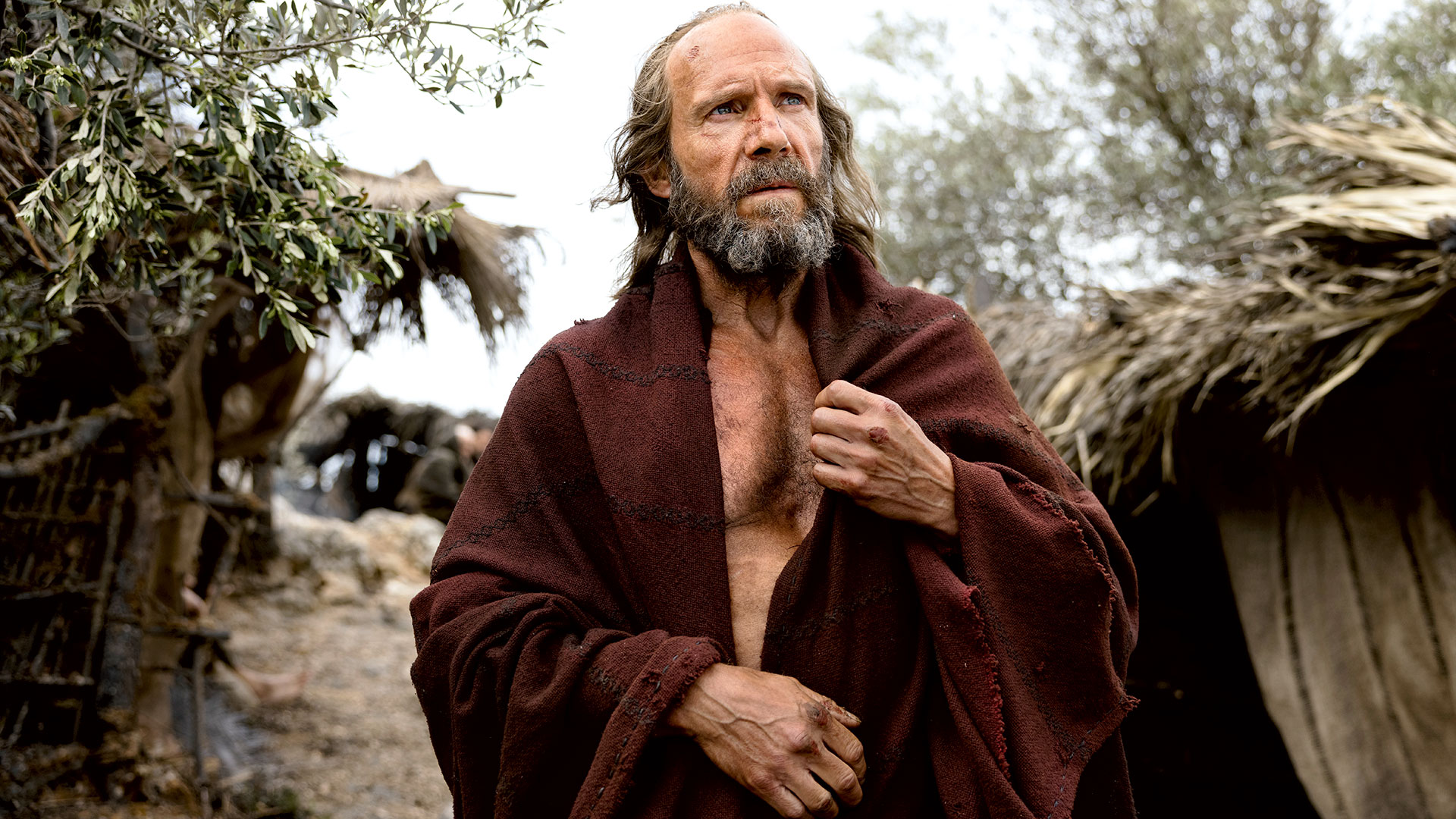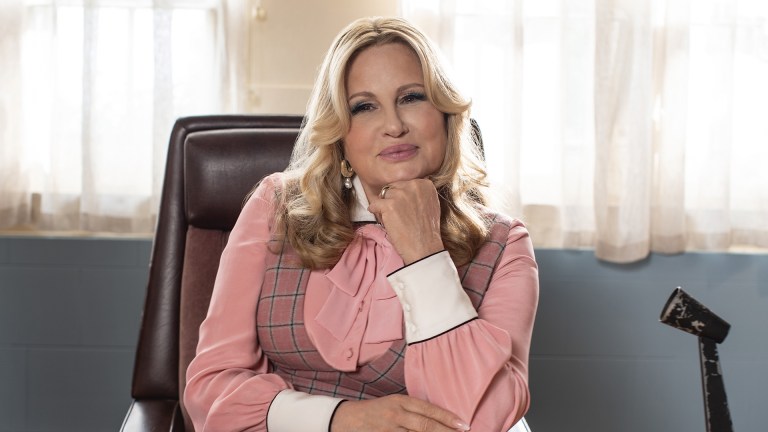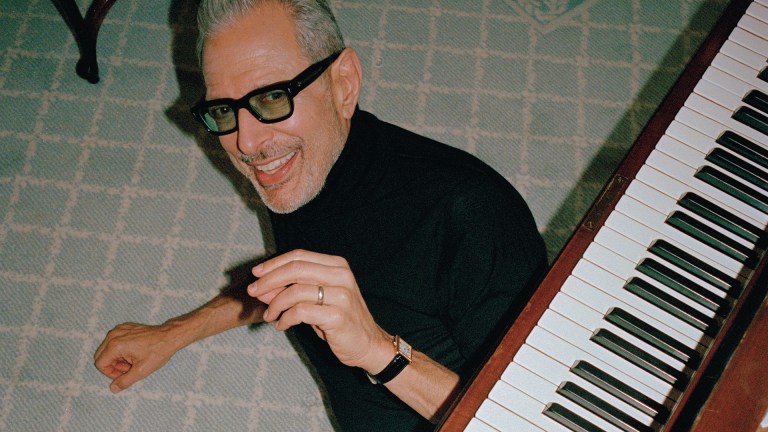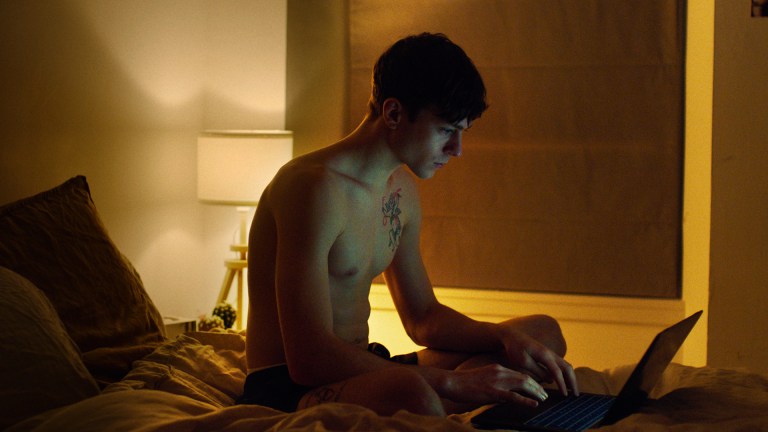After his Oscar-nominated turn in top-of-the-popes thriller Conclave – and all the attendant awards season hoopla – we’ve seen rather a lot of Ralph Fiennes recently. But you’ll see a whole lot more of him in The Return: his hero of yore Odysseus is introduced, zonked out and butt naked, after washing up on the shore of his homeland.
Being unconscious on a Greek island beach in your birthday suit is usually a sign of hedonistic excess. But for this rather careworn Odysseus it is the culmination of two decades of exhausting graft. Every school kid hopefully still knows it took Homer’s warrior-king 10 years to fight the Trojan War, and then another decade to find his way back to his family on Ithaca via a gauntlet of sirens, witches and man eating cyclopses.
- Ralph Fiennes: ‘Don’t be complacent. Have the courage to speak your mind’
- Top 5 books about Greek mythology, chosen by Jennifer Saint
- Jennifer Coolidge: ‘I do think it’s interesting that I’ve never been offered the part of a real winner’
The Return is the latest in an epically long line of Homeric adaptations, then, but one that narrows its focus to the very last phase of the original odyssey. There are swords and sandals but no gods or monsters. It is a deliberately grounded take on the story, to the extent that when the dazed Odysseus belatedly realises his journey is complete he literally crams soil into his mouth. He has been craving home for years.
A lot has changed in two decades, though. Ithaca is a stricken place in deep recession. The sun-bleached fort where Odysseus left his wife Penelope (Juliette Binoche) and young son Telemachus (Charlie Plummer) is besieged by something almost worse than an army: a swarm of uncouth suitors keen to claim Penelope’s hand and lands, as her husband is presumed long dead. When they are not mocking Telemachus these peacocking bullies stalk the surrounding farms to sate their degenerate appetites.
Surely Odysseus will race home and kick their asses? It seems a likely prospect, particularly as Fiennes is in terrifyingly wiry shape, all corded arm muscles and wicked battle scars across his weathered torso. But Odysseus remains lost. Through modern eyes it might be diagnosed as PTSD or survivor’s guilt. In Homeric terms, he is questioning whether he is still worthy of being a king, husband or father after neglecting those duties for two decades.
Get the latest news and insight into how the Big Issue magazine is made by signing up for the Inside Big Issue newsletter










